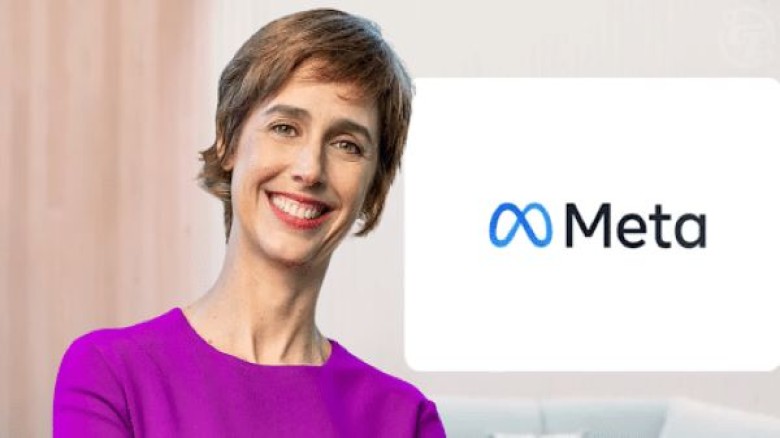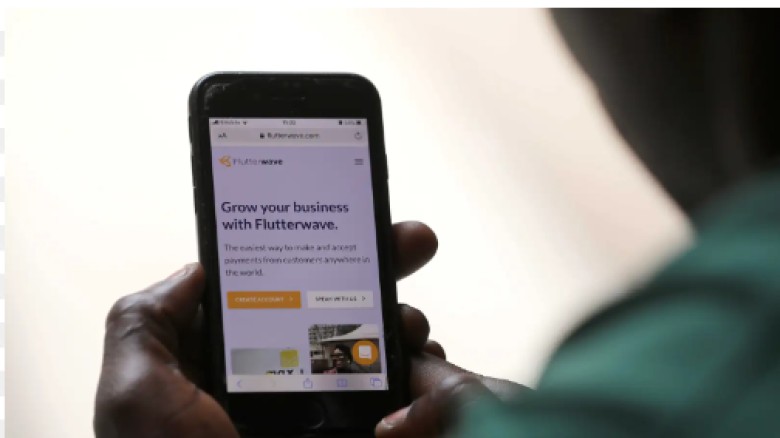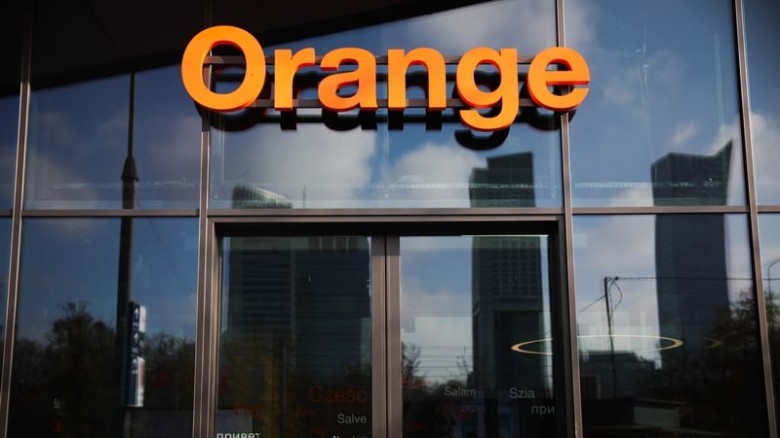Orange partners OpenAI, Meta to develop African-language AI models
Orange, the French telecom giant, has announced a cooperation with Microsoft-backed OpenAI and Meta to create unique AI models that better understand regional African languages.Orange is working with OpenAI and Meta to develop custom AI models using their Whisper and Llama open-source frameworks.
According to CNBC, these models attempt to improve understanding of West African languages, which are frequently underrepresented in most conversational systems.
Many AI models are now trained on data from the United States, which can lead to a loss of cultural and linguistic context in places such as Europe, the Middle East, and Africa.
As a result, these models frequently struggle to grasp text and voice conversations in underrepresented languages, according to Orange's chief AI officer, Steve Jarrett.
"Having an open model, you're able to do what's called fine tuning, where you you introduce additional information to the model that wasn't included when it was first trained," Jarrett told me. "We're adding the recognition of West African regional languages that are not understood today by any AI."
Orange intends to launch AI models in early 2025 that will handle two West African languages: Wolof and Pulaar.
Wolof is spoken by around 16 million people in Senegal, the Gambia, and southern Mauritania, whereas Pulaar is spoken mostly by six million Senegalese.
Orange will grant the open-source AI models a free license for non-commercial purposes such as public health and education. The corporation intends to expand this project to include all 18 West African countries in the future.
"We're operating in West African countries where a lot of these regional languages are being spoken in our contact centers, but where the current AI models don't understand what these people are typing or saying," Jarrett clarified.
According to Orange's AI head, key large language models such as OpenAI's GPT, Meta's Llama, and Anthropic's Claude are unsuitable for Africans' needs because they were not trained on regional data.
The move is consistent with the increasing worldwide concept of "sovereign AI," which emphasizes developing AI systems adapted to the unique demands and contexts of different regions or countries.
"Sovereign AI" refers to the idea that countries and regions should have more influence over the technological infrastructure that drives AI systems, such as localizing data storage and processing to better represent individual languages, cultures, and histories.
























Leave A Comment